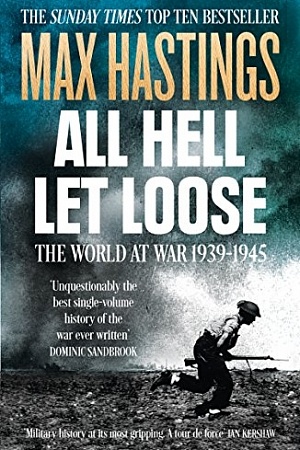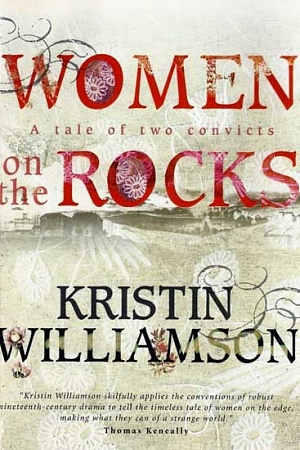Breaking the Codes: Australia’s KGB Network 1944-1950
Allen & Unwin, $29.95 pb, 469 pp
The Cold War
Breaking The Codes was published last August. The time that has subsequently elapsed makes it possible to comment not only on the book itself but also on some aspects of its reception.
For most Australians interested in current affairs and recent history, Desmond Ball and David Horner are familiar names but at first sight unlikely joint authors. Both have published extensively and authoritatively. Ball is best known for his books on intelligence matters, including the joint Australian-American facilities at Pine Gap and Nurrungar and other aspects of the world of signals intelligence. Horner is similarly well known for a number of major books on Australian strategy and military politics, especially during the 1939–45 war. They have in common reputations for enormously detailed knowledge, based on extensive and thorough research.
What makes them seem unlikely collaborators, despite their being colleagues in the Strategic and Defence Studies Centre at the Australian National University, is the difference in their political associations. During the Vietnam War, Ball was a prominent protester whose position was not far from that of the Communist Party, while Horner commanded an Australian army platoon in Vietnam. Ball’s publications on intelligence matters have often revealed what the defence establishment wanted to keep secret, while Horner remains closely associated with the Australian Army. These differences are in fact a source of strength and credibility for the book, which touches on some of the most contentious political aspects of Australia’s involvement in the Cold War. Ever since the 1954 election, fought in the shadow of the Petrov Affair, one school of opinion has refused to accept the legitimacy of its result. According to this school, the Petrov Affair was a fraud; the allegations of a pro-Soviet spy ring in Australia were manufactured or highly exaggerated; and the Australian Security Intelligence Organisation (ASIO) was from the start an unnecessary form of political police, operating in the interests of the conservative parties and Australia’s great power allies.
Continue reading for only $10 per month. Subscribe and gain full access to Australian Book Review. Already a subscriber? Sign in. If you need assistance, feel free to contact us.











Leave a comment
If you are an ABR subscriber, you will need to sign in to post a comment.
If you have forgotten your sign in details, or if you receive an error message when trying to submit your comment, please email your comment (and the name of the article to which it relates) to ABR Comments. We will review your comment and, subject to approval, we will post it under your name.
Please note that all comments must be approved by ABR and comply with our Terms & Conditions.